|
5/30/2013 Naming AbuseOne of the participants in our study said, “I began using the word ‘abusive’ to describe my relationship with my husband, and the behavior that caused me to end the marriage. While others may be uncomfortable with that word, I think it's important to not minimize what occurred.”
As this participant says, sometimes others may be uncomfortable with the words that survivors use to describe their experiences. And yet, in what ways do you believe that naming abusive behaviors as "abuse" can be helpful for survivors? 5/21/2013 The power of sharing one's storyMany of the participants in our studies mentioned how powerful it was for them to share their stories with others as part of their process of overcoming their abuse and the stigma surrounding it.
For example, one participant said, "Just sharing my story has been cathartic. It has been important for me to tell others that abuse is not just physical; most abuse is actually emotional. Emotional abuse is also something important to recognize.” Another participant said, "“I chose to share my experience with a therapist and select friends in my life instead of keeping it a secret.” We believe it is important for survivors who choose to share their stories do so in a way that feels safe and meaningful to them. For some, this may mean being very public about their experiences, while others may choose more private ways of sharing. Sharing one's story can be very powerful, but each person can determine if and how to do so in way that makes sense to them and their circumstances. 5/16/2013 On-line support for survivorsAccessing support via the Internet seems to be valuable to many survivors of intimate partner violence. For example, two of our participants said they turned to on-line support as they recovered from their abuse:
|
Archives
July 2024
CategoriesAll About Intimate Partner Violence About Intimate Partner Violence Advocacy Ambassadors Children Churches College Campuses Cultural Issues Domestic Violence Awareness Month Financial Recovery How To Help A Friend Human Rights Human-rights Immigrants International Media Overcoming Past Abuse Overcoming-past-abuse Parenting Prevention Resources For Survivors Safe Relationships Following Abuse Schools Selfcare Self-care Sexual Assault Sexuality Social Justice Social-justice Stigma Supporting Survivors Survivor Quotes Survivor-quotes Survivor Stories Teen Dating Violence Trafficking Transformative-approaches |
Search by typing & pressing enter


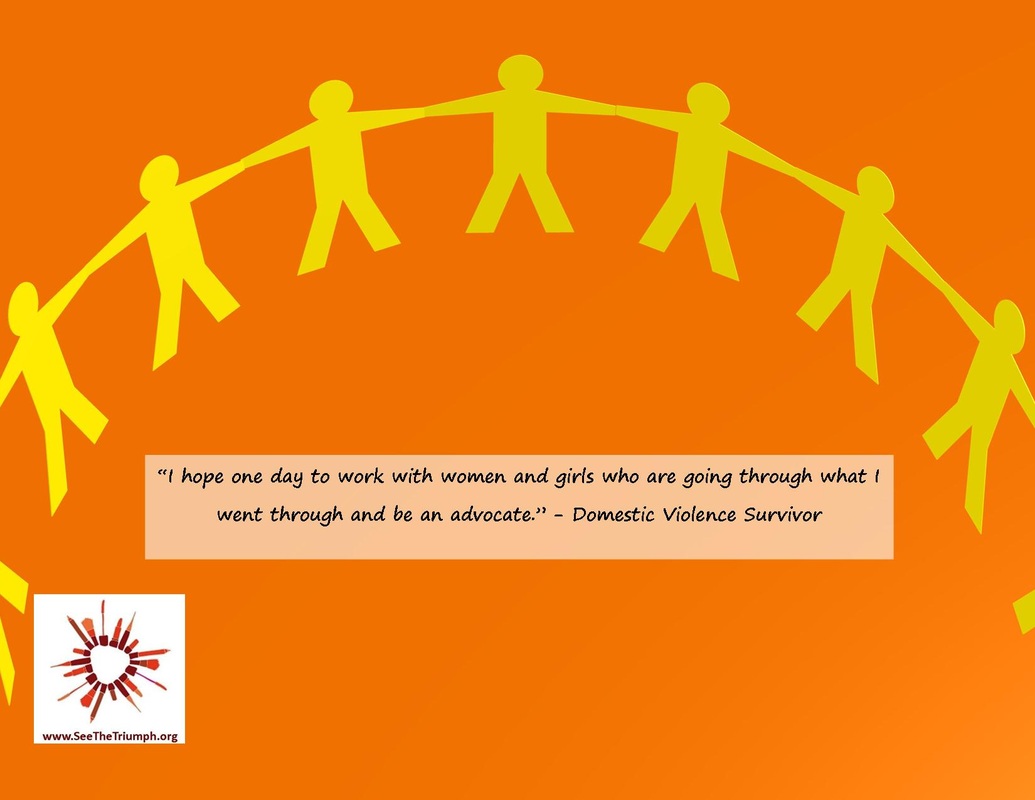
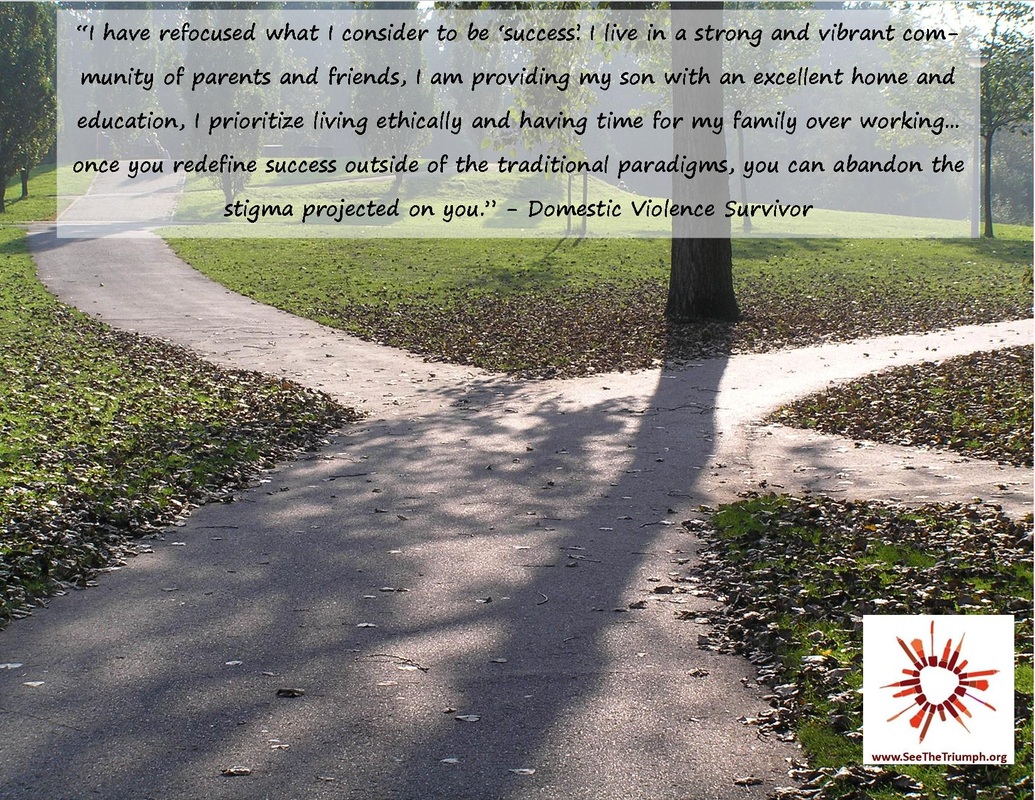
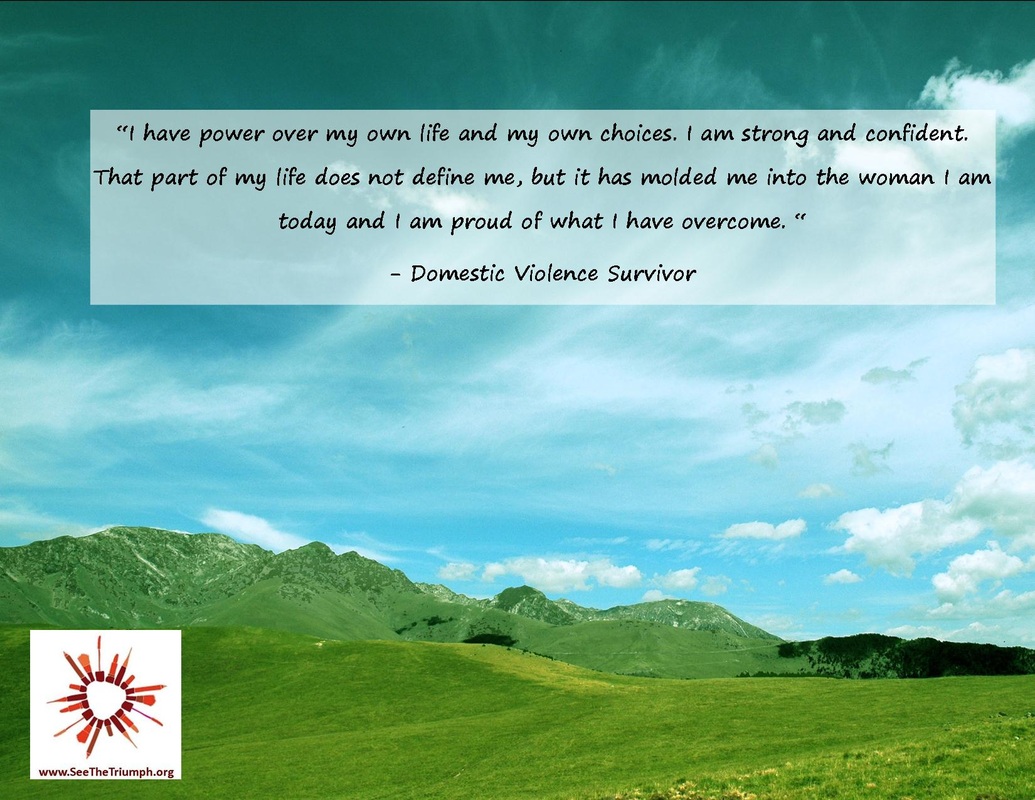
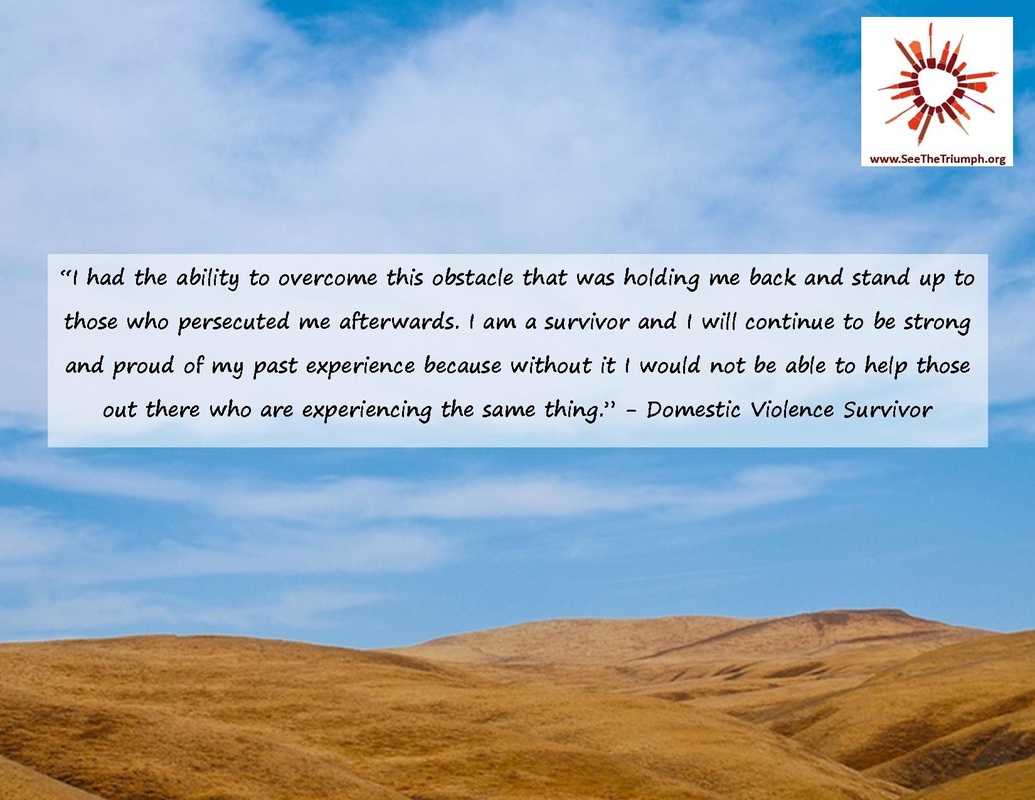
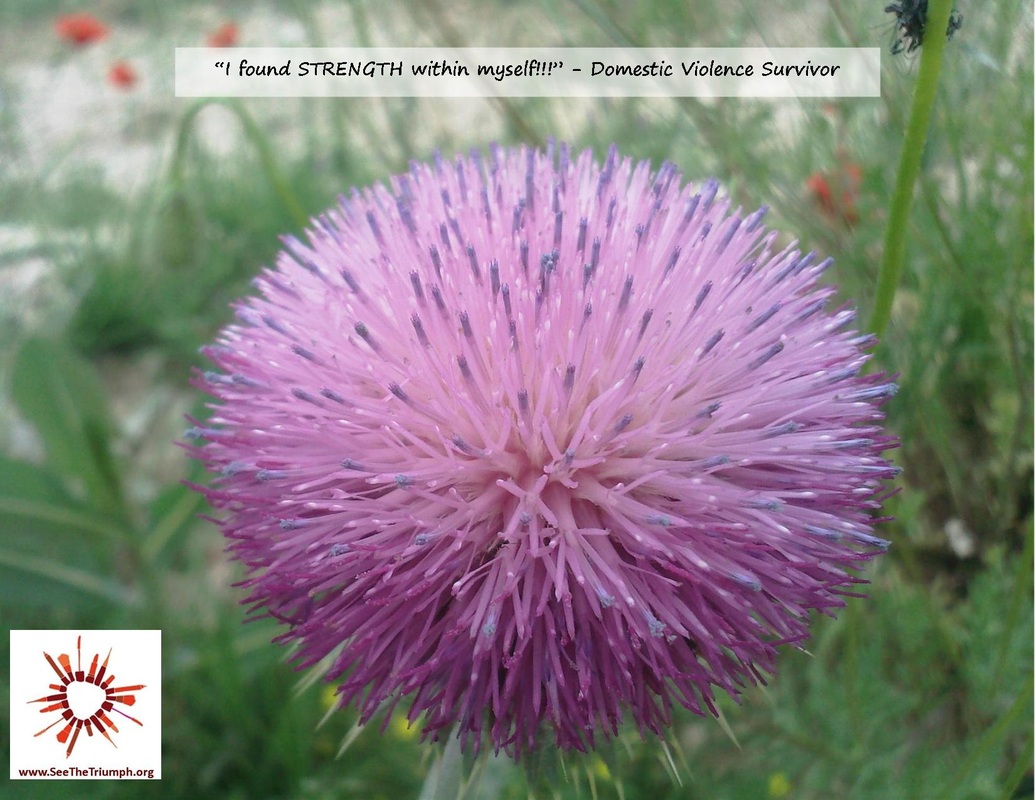
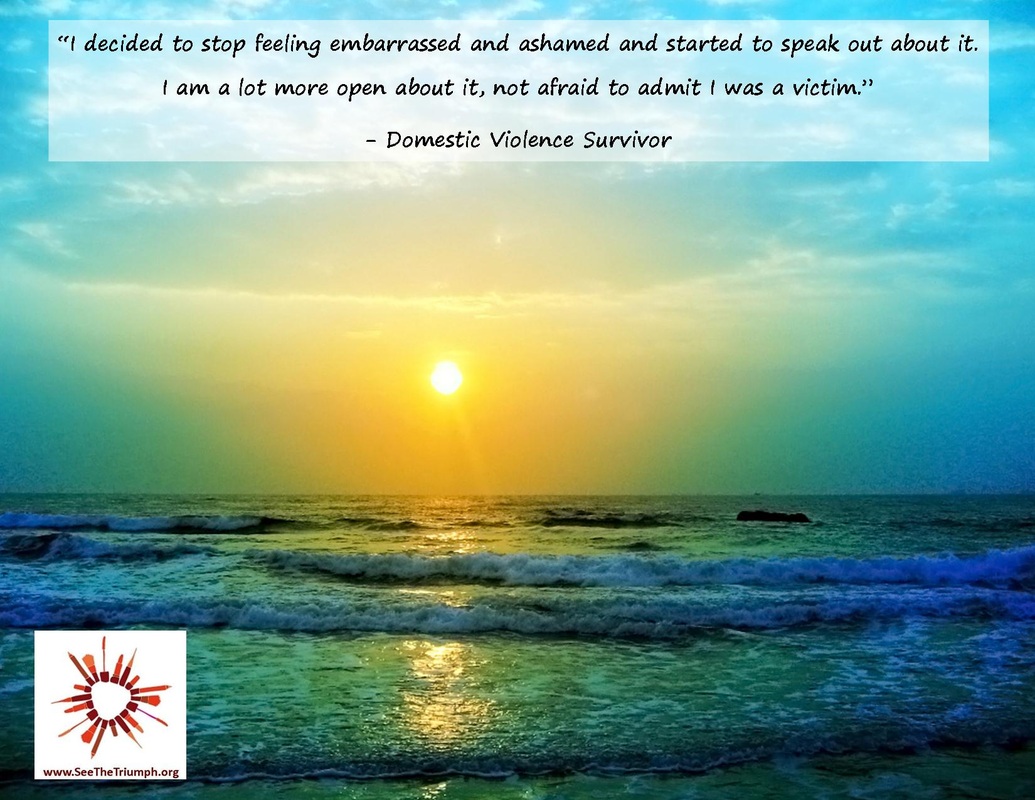
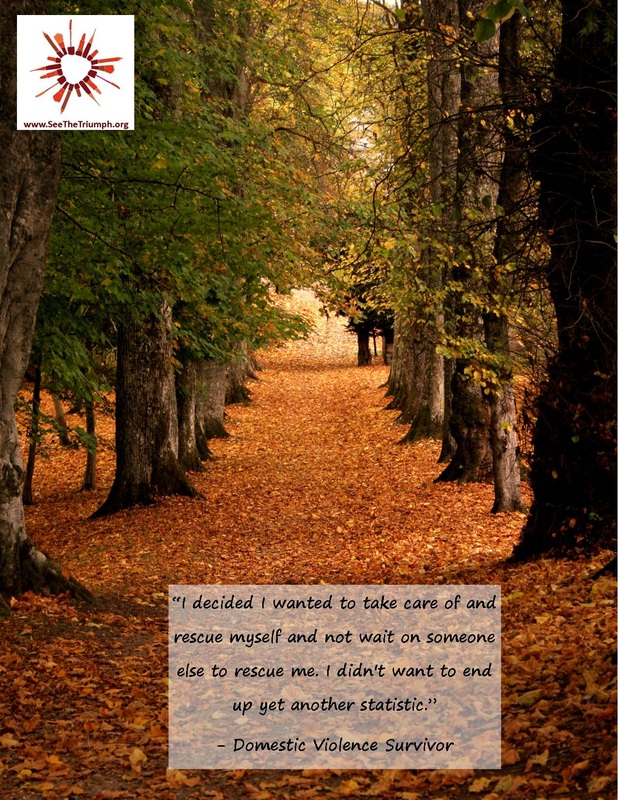
 RSS Feed
RSS Feed